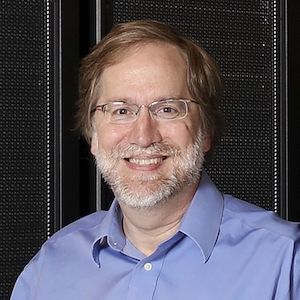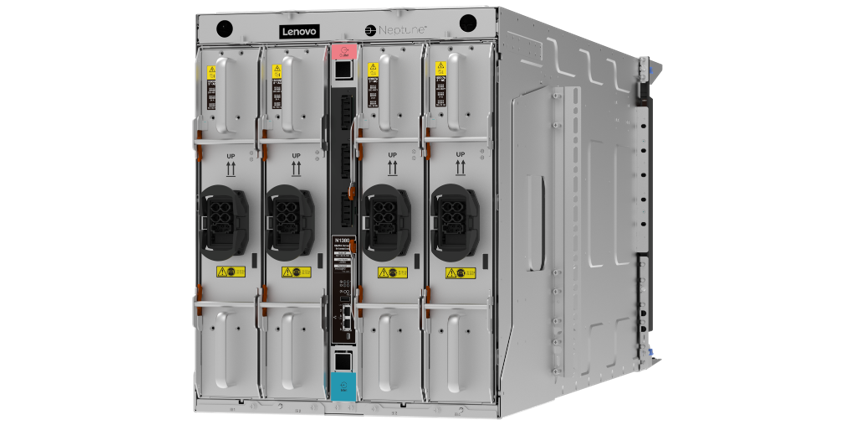In this video from PASC19 in Zurich, Dan Jacobson from ORNL describes how researchers are using the #1 Summit supercomputer to tackle the challenges facing an ever-growing human population. These planet-wide simulations could not even have been attempted before the advent of pre-exascale systems like Summit.
As described in Dan’s keynote, the new CoMet application consists of implementations of the 2-way and 3-way Proportional Similarity metric and Custom Correlation Coefficient using native or adapted GEMM kernels optimized for GPU architectures, and received the 2018 Gordon Bell Prize. Nearly 300 quadrillion element comparisons per second and over 2.3 mixed precision ExaOps are reached on Summit by use of Tensor Core hardware on the Nvidia Volta GPUs. These similarity metrics form the major parts of largescale Genome-Wide Epistasis Studies (GWES) and pleiotropy studies. These efforts seek to identify genetic variants that contribute to individual phenotypes, including susceptibility (or robustness) to disease. We are using CoMet to investigate the genetic architectures underlying complex traits in applications from bioenergy to human clinical genomics.
Dan Jacobson’s career as a computational systems biologist has included leadership roles in academic, corporate, NGO and national lab settings. His lab focuses on the development and subsequent application of computational methods to biological datasets. These methods are applied to various population-scale multiomics data sets in an attempt to better understand the functional relationships at play in biological organisms and communities. His group at ORNL studies many systems – from viruses to microbes to plants to Drosophila, mice and humans. His lab is actively involved in the development of new exascale applications for biology and he is a recent recipient of the Gordon Bell Prize.
PASC20 will take place June 29 – July 1, 2020.





